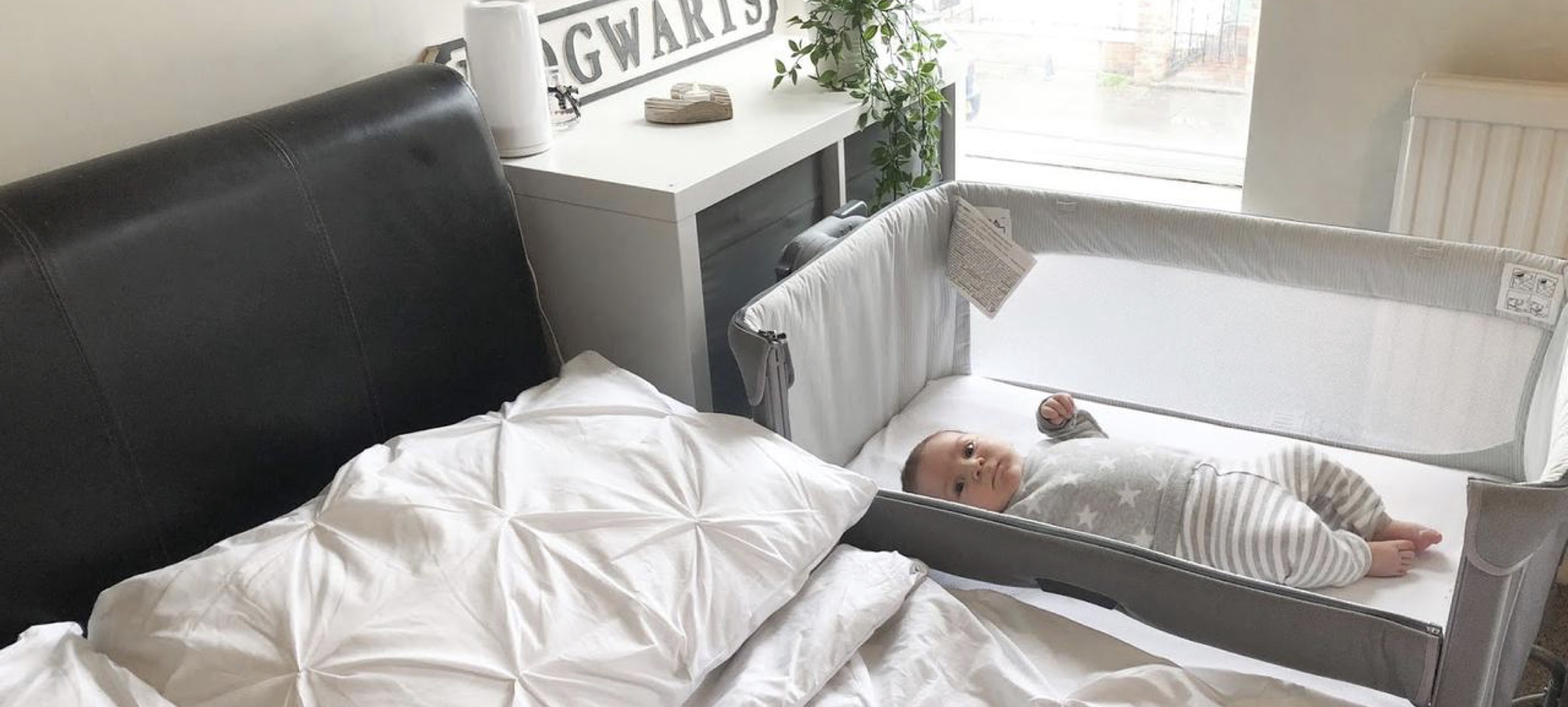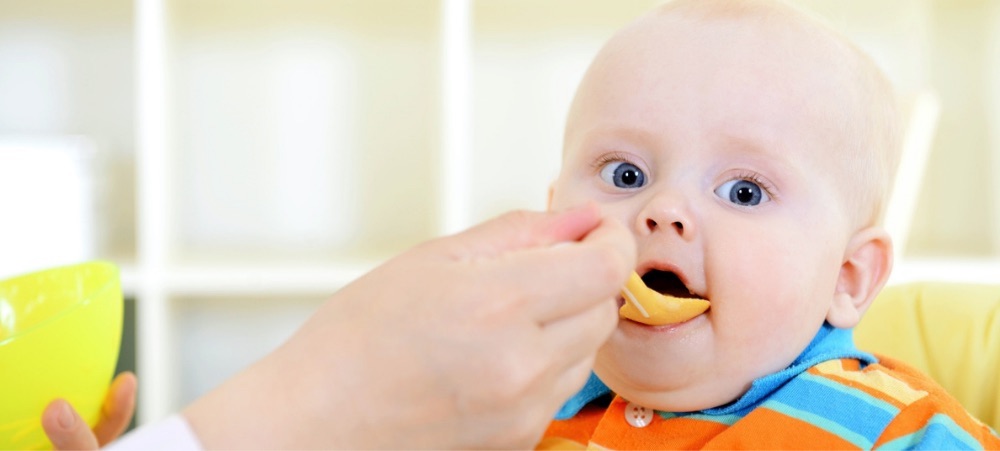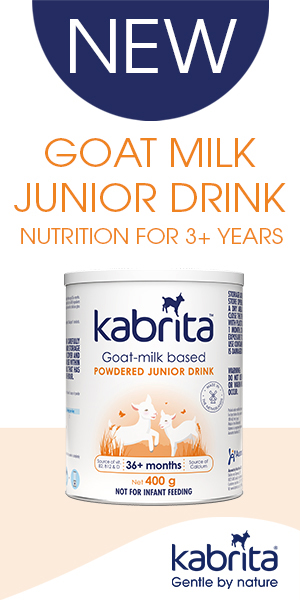
TRANSITIONING TO A NEW NAP PATTERN
What to Know Just when you think you’ve mastered your baby’s nap schedule, it will change. In fact, your child’s daytime sleep needs and patterns will change multiple times from the newborn phase through infancy and then again into toddlerhood. Nap changes typically occur at predictable ages and stages, but of course each baby is unique so watching your baby for signs that he’s ready for a new nap schedule will help you and him make a smooth transition. No matter what the current schedule, naps are hugely important for children. Naps support optimal growth and development because they provide great mental and physical restorative effects. Naps also help to improve your child’s coping skills and to avoid that all-too-familiar “overtired” state, which can lead to crankiness and sleep disruptions at night. Homeostatic pressure (or sleep pressure, the buildup of the need for sleep) drives our requirement for sleep and naps. This pressure builds up quickly in newborns and gradually lessens as babies grow older which is why their sleep and nap needs change over time. So when do these nap schedule changes typically occur? Here are some examples of nap needs for children of varying ages: Newborns 0-4 months: unpredictable nap pattern Newborns have a low tolerance for long periods of wakefulness and nap at irregular times and durations. Naps anywhere from 30 minutes to 4 hours in length at this age are typical. Infants 4-6 months: 3 to 4 predictable naps per day The first time you’ll likely see an obvious change in your baby’s daytime sleep is between 4-6 months of age. During this stage, a regular morning nap will likely occur 1.5-2 hours after a predictable morning wake time, after which 2 or 3 more naps will occur throughout the day as necessary. Total daytime sleep at this age averages 4 hours. Infants 6-9 months: 3 predictable naps per day At about the 6 month mark, you will begin to see your baby’s naps lengthen in duration and a more predictable 3 nap per day pattern typically emerges, with a morning nap 2 hours from wake-up averaging 90 minutes in length, a second nap about 3 hours from the wake of his first nap averaging 90 minutes in length and a third catnap in the late afternoon or early evening averaging 15-45 minutes. Total daytime sleep at this age averages 3-4 hours. Infants 9-15 months: 2 predictable naps per day At around 9 months, your baby will be able to stay awake for longer periods of time and will likely shift to a 2 nap per day schedule. To accommodate this change, eliminate the late afternoon catnap and shift your baby’s bedtime 15-30 minutes earlier. Total daytime sleep at this age averages 2.5-4 hours a day. Toddlers 15-18 months: 1 predictable mid-day nap At around 15-18 months of age, your child will likely be ready for just one nap a day. This one nap should be at about the midway point of the day and will average 3 hours in length (so the total amount of daytime sleep your child requires may lessen only by 15-30 minutes, if at all, but his sleep will be distributed differently throughout the day). Many families report the transition from 2 naps to 1 nap a day is the most challenging, as your child may have trouble staying awake in the morning all the way until his single midday nap. To help his body adjust to the new nap pattern, you can start the nap a little earlier and then slowly push your child’s naptime later and later over several days until the nap begins at midday. Or you can try a rotating schedule of offering 2 naps and then 1 nap every other day, until he becomes comfortable with 1 nap every day. Total daytime sleep at this age averages 1.5-3 hours a day. What to Do Watch for signs that your child is ready for a new nap pattern If your child has trouble falling asleep, either at bedtime or during one of his regular daytime naps, it’s likely time for a new nap pattern. Long periods of unexplained wakefulness in the middle of the night can also indicate a need for a change in the schedule. Create an optimal sleep environment for naps – a cool, dark, quiet and safe space A cool sleeping space – experts agree that a cool room (around 18,5’C) makes for the best sleep, as the body’s temperature naturally falls during sleep. Overheating can disrupt the sleep process, so don’t over-bundle your child. A dark sleeping space – the room should be dark enough that you are unable to read. Avoid using cell phones, TV’s or computers in your child’s sleep space, as these devices all have LED lights (pure blue hued lights) that negatively impact the circadian rhythm. If you have a toddler, nightlights are a common addition to a growing toddler’s room to allay any sleeptime fears. If your toddler needs a nightlight, place it behind a piece of furniture, so he is not looking directly at it. Use a warm colored light bulb that mimics the warm glow of a candle and be sure to leave the nightlight on during the entire nap so the sleep environment remains consistent. A quiet sleeping space – offer a white noise source to block out extraneous sounds, but remember your child’s sleep environment should remain consistent. If the white noise is present at the start of naptime, it should remain on for the entire nap. Avoid playing music that changes in pitch or tone, such as thunderstorms or ocean waves. A safe sleeping space – if you have a baby, place him on his back on a firm mattress (such as in a bassinet or bedside co-sleeper) free of any loose bedding or clothing. If he is younger than 8 weeks (or, more importantly, has not yet started to roll), you can swaddle him to encourage sleep and calm. Just remember not to swaddle him


































